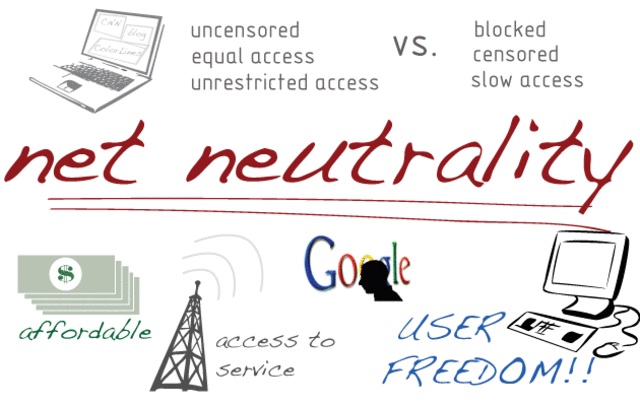The U.S. Appeals Court for the D.C. District on Tuesday struck down the FCC’s Net Neutrality rules, determining the commission overstepped its legal authority.
This means broadband providers don’t have to abide by the FCC’s 2010 Open Internet Order, which dictated they couldn’t block, degrade or slow down traffic based on the source.
In the 81-page ruling, the court said that even though the commission has general authority to regulate broadband, it can’t impose “requirements that contravene express statutory mandates.”
With the court ruling, Verizon wins the legal challenge to the rules it filed after the FCC adopted the OIO regulations.
“This decision means that companies like AT&T, Time Warner Cable and Verizon — which brought the lawsuit — are now free to block or slow down any website, application or service they like,” wrote Craig Aaron, President and CEO of the non-profit group Free Press in an editorial for the Huffington Post, after the ruling.
In a separate statement he pointed out that the ruling, which favors broadband providers, will impact consumers, saying the “ruling means that Internet users will be pitted against the biggest phone and cable companies — and in the absence of any oversight, these companies can now block and discriminate against their customers’ communications at will.”
The ruling, which will most likely be appealed, establishes that government regulators can’t dictate how Internet service providers manage or prioritize data. So, companies like Google, Yahoo, Netflix, Amazon.com or any others that provide content, but don’t own the broadband networks to distribute it, could be affected.
A Variety article explains in more depth the significance of the ruling.
